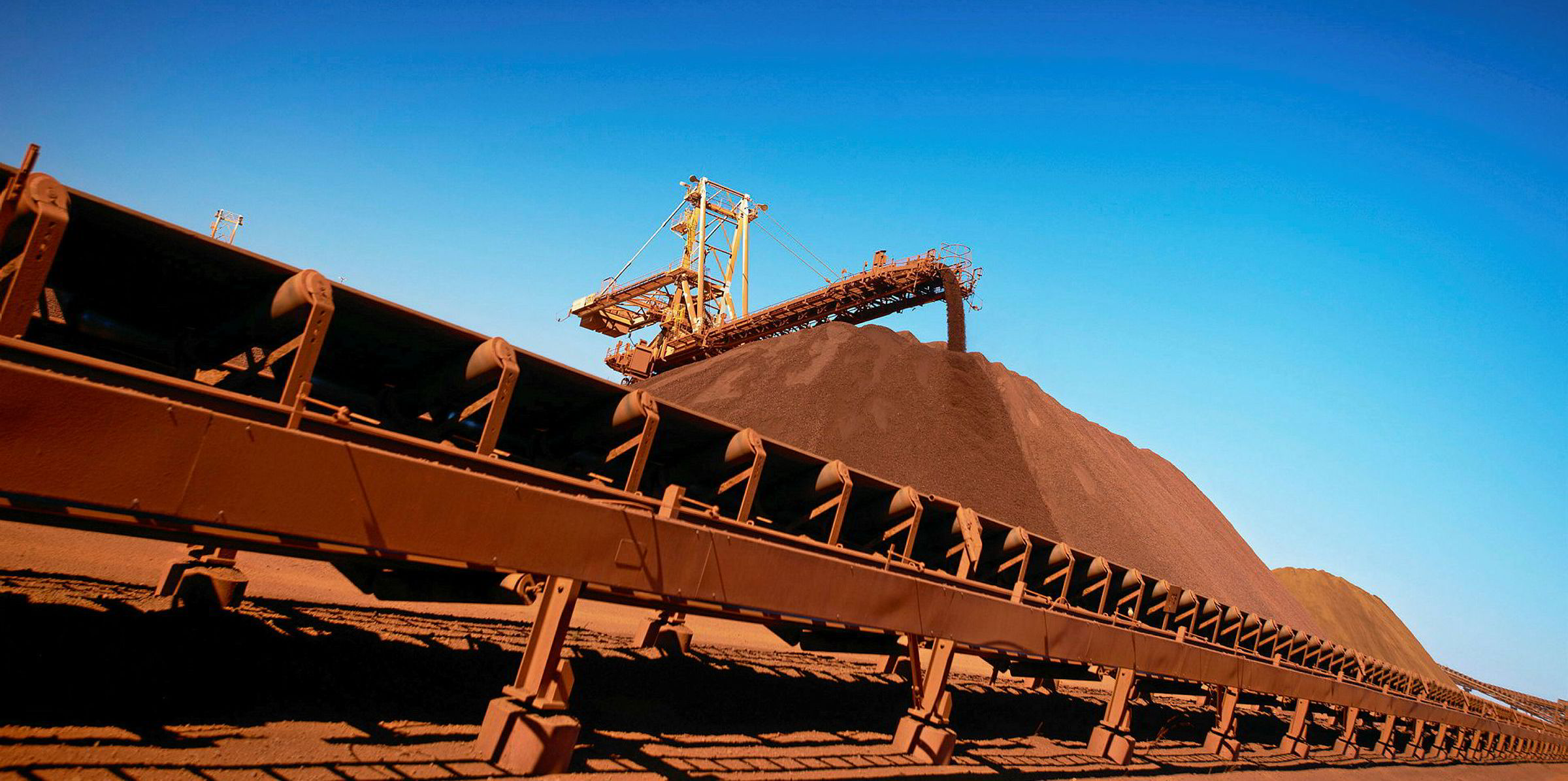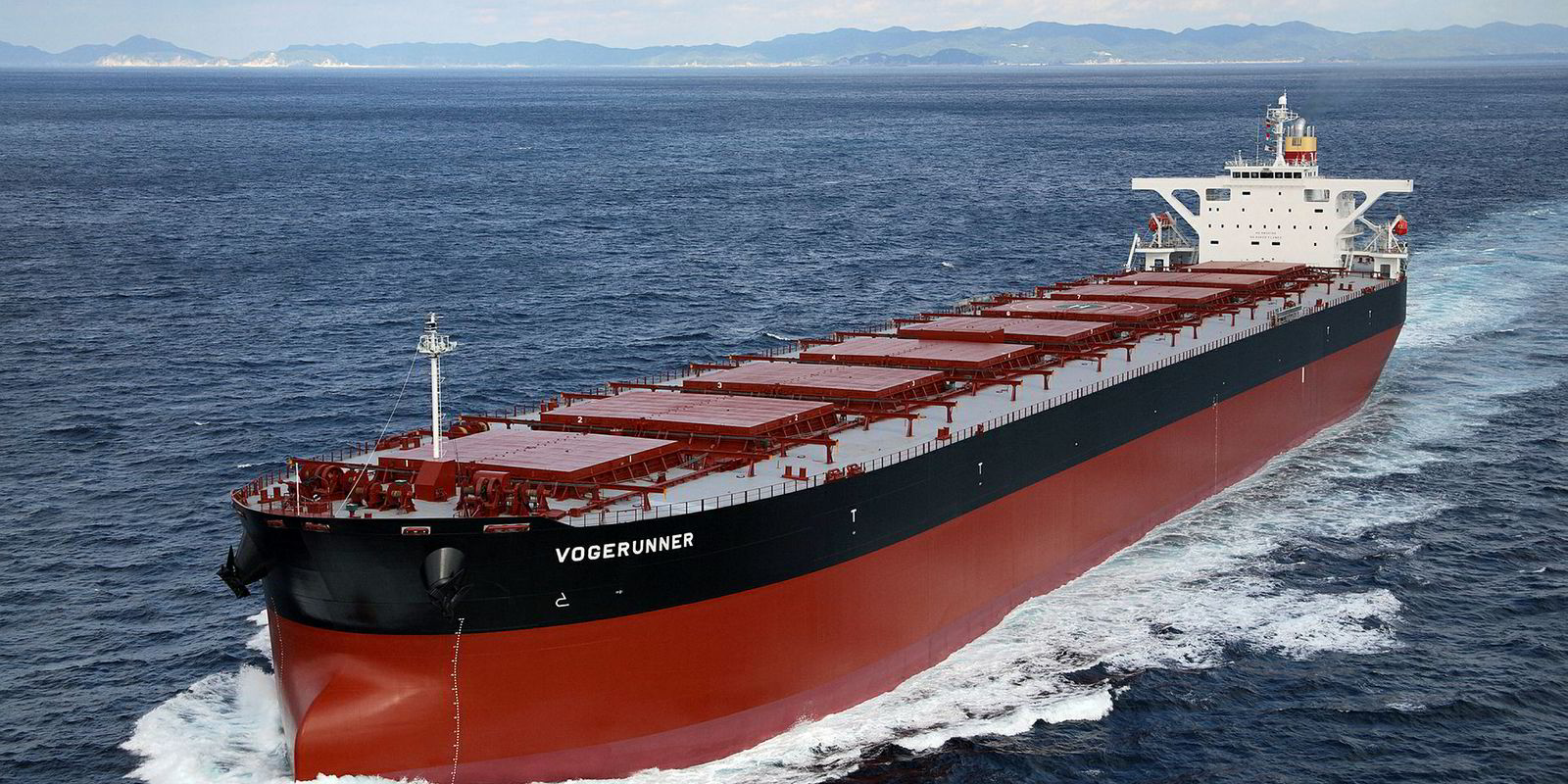Freight rates for shipping iron ore from Australia to China have dropped by more than 10% since Monday as the derailment of one of BHP’s trains is disrupting shipments from Port Hedland.
The Australian mining giant was forced to derail the train after it ran away when the driver was out conducting an inspection.
The train travelled for 90 km by itself before being derailed near Turner, approximately 120km south of Port Hedland, leaving about 1.5km of track damaged. No one was injured and the incident is under investigation.
BHP confirms the suspension of normal train operations but all of its main mines remain operational.
As the track needs to be repaired and wreckage moved, partial rail operations will only be resumed in a week.
BHP’s stockpiles at Port Hedland is not expected to be sufficient to cover the entire period of interruption, according to the company.
Port Hedland is the world’s largest iron ore exporting terminal, used by BHP as well as other miners.
With shipping demand expected to fall, the C5 capesize rate for West Australia-China trade on the Baltic Exchange fell to $7.42 per tonne on Wednesday from $8.32 on Monday.
The average time charter rates was assessed at $14,959 per day on Wednesday, a five-month low.
With the capesize market already plagued by lacklustre Chinese demand for coal and iron ore, the BHP outage has depressed the sentiment further, according to Banchero Costa’s head of research Ralph Leszczynski.
“A lot of people were expecting some kind of rally in the fourth quarter, but this is getting increasingly unlikely,” Leszczynski said.
“It’s increasingly possible that the third quarter was as good as it gets this year for capes.”





